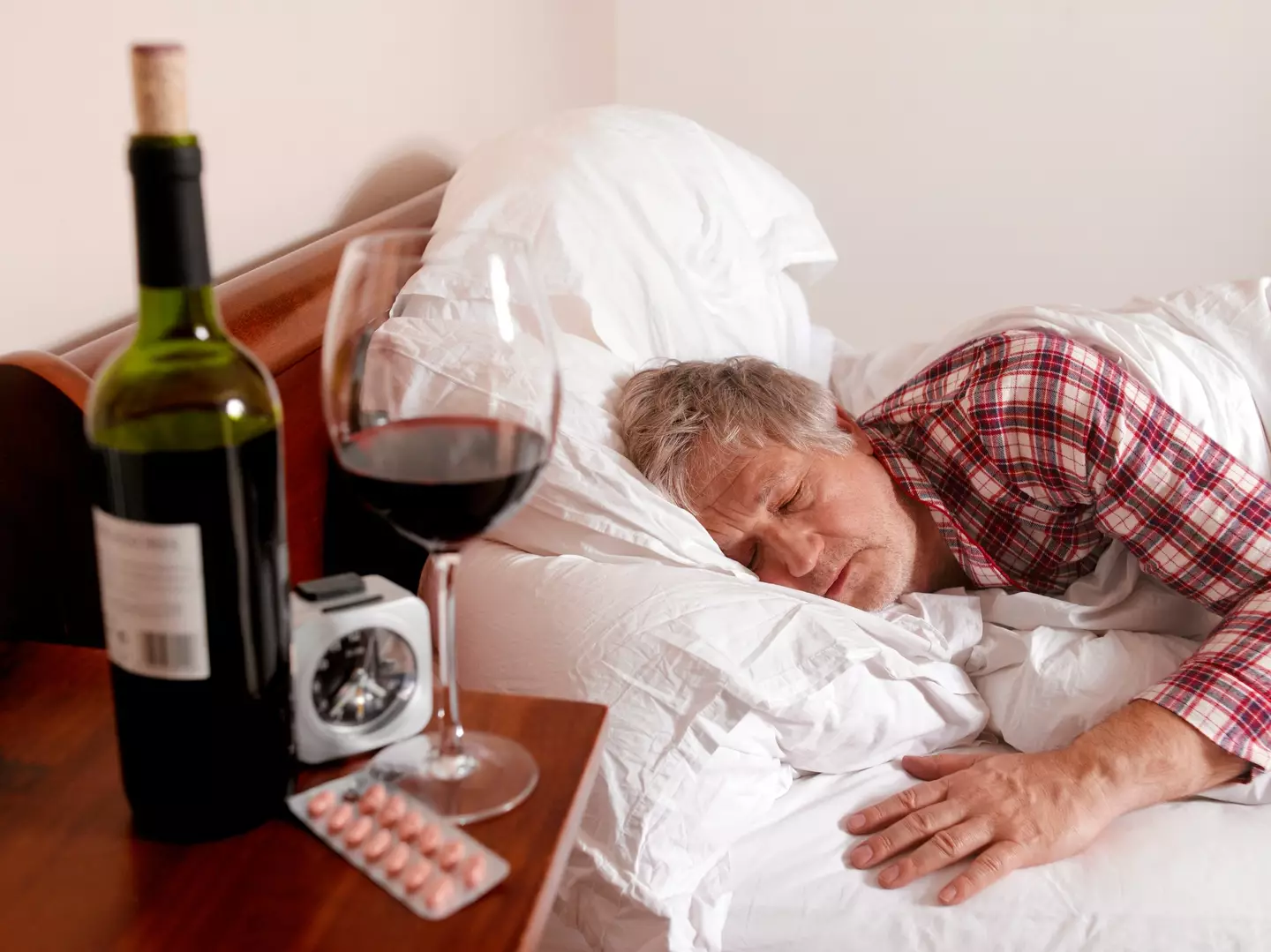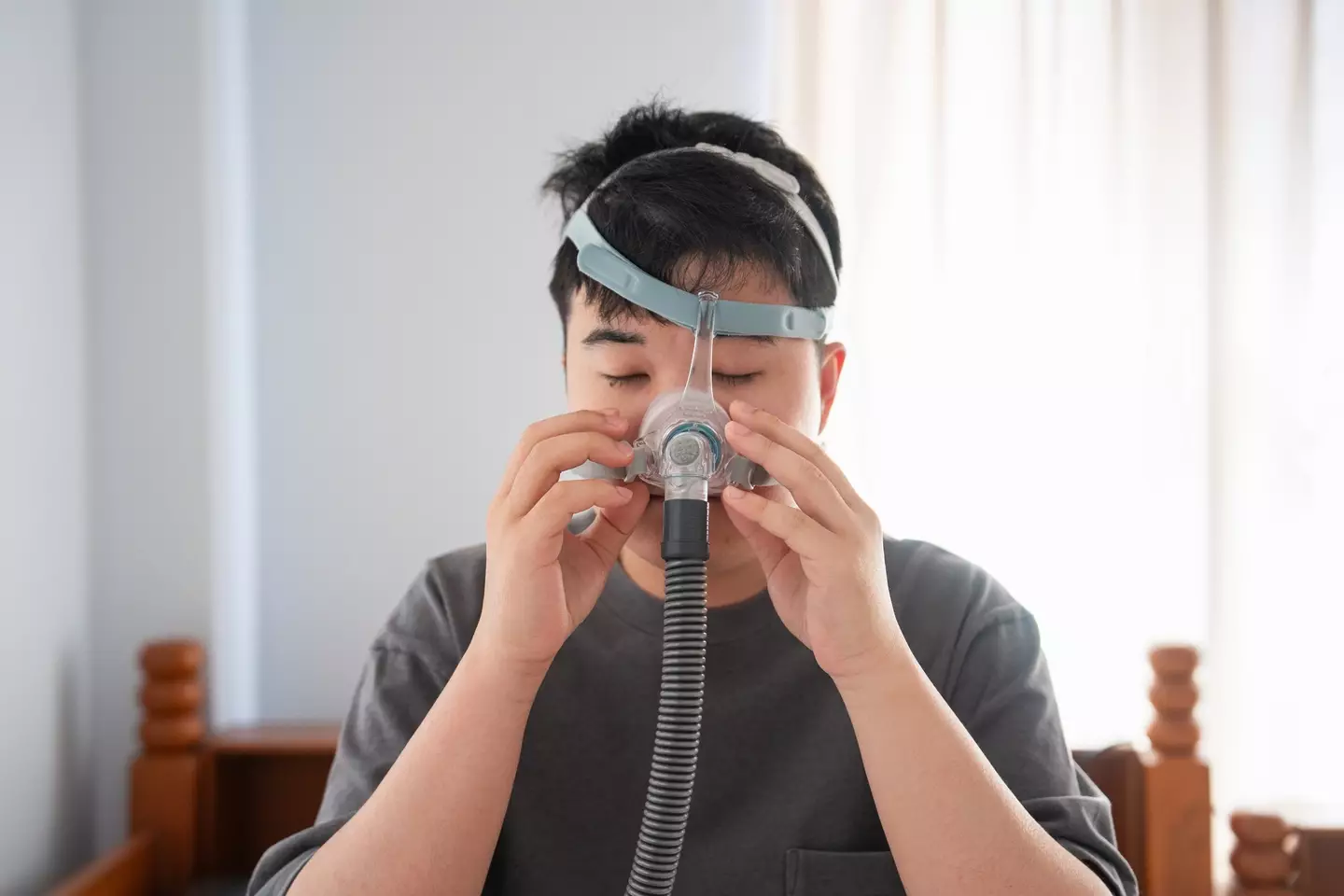
Ah, alcohol – a drug so terrible for us that it can be hard to fathom how it’s legal, with no end of ruinous effects it can have on our health, relationships, and decision-making.
Focusing on the health implications alone can make for sobering reading, and they include: a heightened risk of developing cancer, increased blood pressure, greater risk of heart failure, strokes and cardiomyopathy, liver diseases including cirrhosis and fibrosis, pancreatic inflammation, digestive problems, memory loss, depression, anxiety, a weakened immune system, the risk of addiction, sexual dysfunction and potential infertility.
It seems that alcohol’s popularity is on the wane among Gen Z, with many young people seeing the hangovers, impacts on our health, and its social risks as being thoroughly not worth it.

Advert
Considering Gen Z, and indeed large swathes of millennials, are more fitness-focused than previous generations, their forswearing of booze may have a lot to do with its impacts on physical training, too. In other words, alcohol can kill your gains.
Something we haven’t touched on yet is the impact it can have on your sleep, with disturbed sleep in itself being a risk factor for many of the conditions listed above. You also need sleep to properly recover and build muscle, as the gym rats among us know too well.
As detailed by Matt Walker, author of Why We Sleep, in this conversation with podcaster Andrew Huberman, any amount of alcohol in your system can disturb your REM sleep. He notes that its sedative properties can help people to fall asleep, but alcohol then inhibits your ability to get good rest.
REM is the sleep stage where we dream, and it’s vitally important for organising and consolidating memories, ingraining skills and knowledge you’ve been practising or learning, and it’s where we do a lot of emotional processing, too. In other words, it’s essential for keeping your brain in good nick.
Alcohol, along with increasing the frequency with which you wake up at night, impedes or even stops REM sleep, ruining many of the potential health benefits of a good night’s rest.
And that’s not all.
Alcohol can also be a contributing factor to sleep apnea: a condition where you intermittently stop breathing while you’re asleep. It’s caused by throat muscles relaxing while you sleep, narrowing your airways and limiting your ability to breathe properly. It’s a relatively common diagnosis for people who snore or wake up feeling groggy after an ostensibly long and restful night’s sleep.
Alcohol, as a sedative, is also a relaxant. It can both trigger and exacerbate the relaxation of throat muscles, making it a strong risk factor for sleep apnea.
It can also increase congestion in your nasal passages, further inhibiting your ability to breathe normally.
Along with limiting your ability to get good sleep, sleep apnea can put you at risk of high blood pressure, heart disease, stroke, diabetes, and a higher likelihood of fatigue-related accidents.

With all that in mind, it’s a good idea to stop drinking long before bedtime, and that includes a ‘nightcap’ to help you drift off.
If you’re struggling to get off to sleep or get good sleep, book an appointment with your GP to review the potential causes and review options.
For those of you who want to take control of your drinking, head to Drinkaware for a wealth of resources and the option to chat confidentially with trained advisors.
